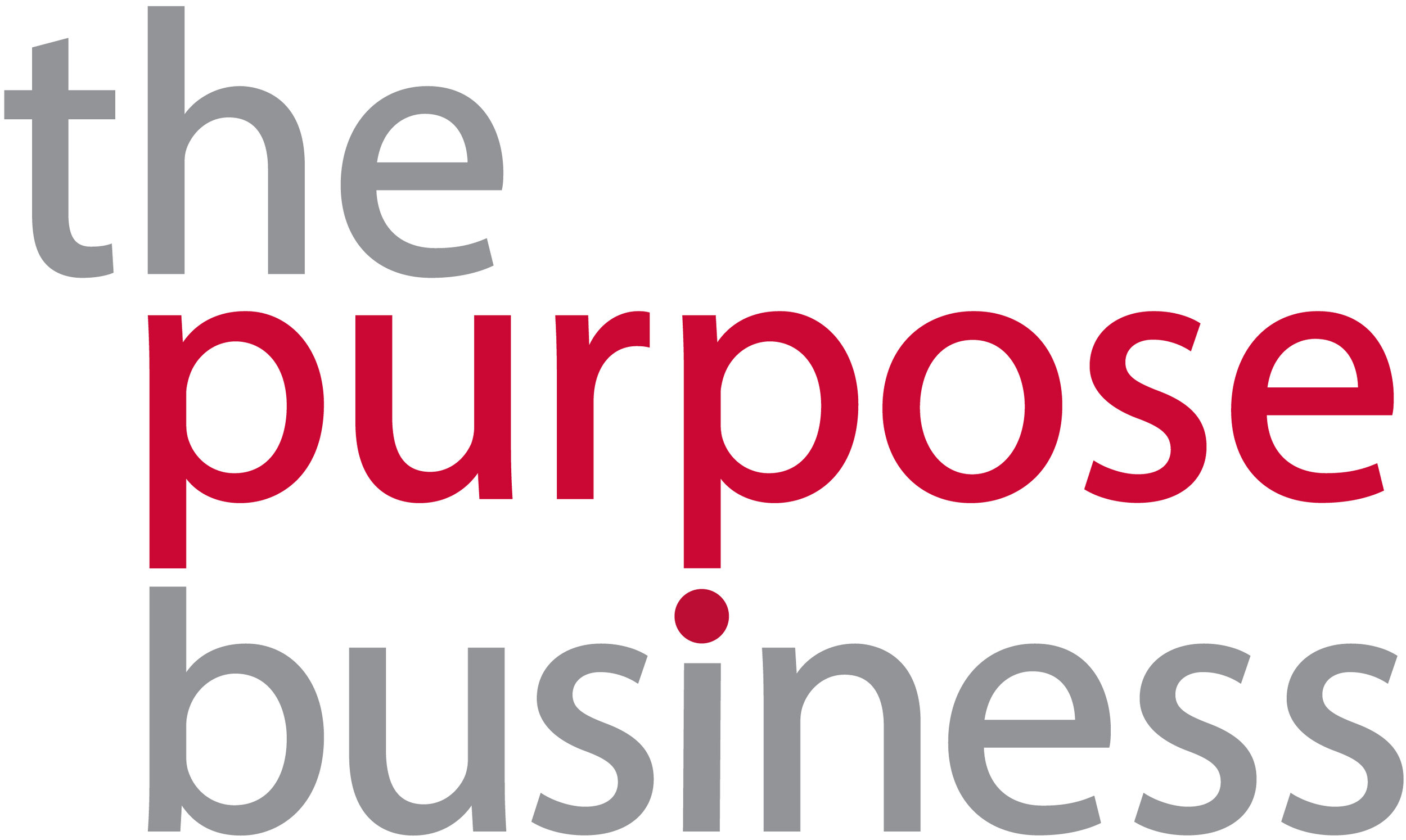Race against waste at the Volvo Ocean Race
We all like a sporting challenge, and what better sporting challenge to be part of than the Volvo Ocean Race’s call to action to #TurnTheTideOnPlastic. The Volvo Ocean Race (VOR) is described as the longest and toughest professional sporting event in the world and sailing’s toughest team challenge.
The race has a key message of ocean health with a focus on plastic pollution. Their most important, visibly impactful and challenging goal is to avoid single-use plastics in their Race Villages. The VOR Sustainability strategy also covers more than plastics and shows how a major event can make a difference globally.
Colleagues and I at TPB are well known in the discourse and action around waste and single-use plastic, so it was a natural fit for members of our team to be approached to offer their expertise in waste management and recycling for the VOR Hong Kong Stopover. We’ve been excited to share our understanding of the local waste and recycling industry to help the VOR Sustainability Team understand the local infrastructure and culture around recycling, and to help create what could be the new norm for events in Hong Kong.
Sharing industry knowledge was an important part of the legacy that the VOR will leave and this was achieved through their Hong Kong Ocean Summit, and the jointly organised Sustainable Events Management Workshop between VOR, The Hong Kong Jockey Club (HKJC) and TPB. The workshop built on the Single-Use Plastic Cups Workshop hosted by HKJC and TPB in July 2017.
Familiar with the three Rs ‘reduce, reuse, recycle’, and with reduction front of mind for all the VOR Race Villages around the world, a key objective was to ensure that all suppliers and contractors were fully aware of the central mission of stopping single-use plastic getting to the venue in the first place. Thus, all suppliers had this provision clearly stated in their contracts.
To reduce the volume of single use food and beverage related serviceware being used on site, initiatives implemented in the Hong Kong Race Village included:
Free drinking water dispensing
No sales of water in plastic bottles and a strong message to avoid selling drinks in plastic containers
Washable coffee cup system with a deposit from GoCup
Washable beer mugs, plates and cutlery from WeUse
Providing washable serviceware items was more expensive than single-use items mainly due to the cost to taking the items overnight to commercial kitchens for cleaning. We did have biodegradable and compostable single-use serviceware made from sugarcane and wood available as back up should the supply of washable items be exhausted on any day. (If the environmentally friendly serviceware were exhausted on busy days there was provision for F&B operators to use their standard serviceware.)
By having cutlery and paper straws dispensed from a specific booth called the ReUse Hub, rather than at each Food Truck, customers were made aware of considering taking only items they actually needed, rather than items that they ‘might’ need. A particularly interesting discussion often happened between the customers and the ReUse Hub volunteers around the need for a straw. We were offering paper straws from Last Straw Movement. Often people were wanting a straw to stir the drink rather than to drink through, so we could offer them a washable spoon or chopstick instead. If people were looking for a cup for a hot drink we had GoCups available to rent based on a deposit system.
While the focus might be targeted on plastic that was not the only material that was being managed at VOR host cities. For the VOR stopover in Hong Kong a detailed resource separation system was established to help showcase what is possible if event organisers and event participants work together. Items collected and sent for separate recycling included:
Cardboard
Aluminium cans (we had very little metal)
Soft plastic (e.g. cling wrap)
Hard plastic
Glass
Food waste
Polystyrene
Paper straws and compostable serviceware
At the time to writing, we are still collecting the statistics on our recycling though data will be available via the Volvo Ocean Race reports. [The statistics are now available via the overall race sustainability report which includes a case study on the Hong Kong Re-Use Hub (page 216).
Of course before items were sent for recycling anything that could be reused was offered to charities and NGOs in Hong Kong. This included water tanks not required at future VOR host cities and edible food which was donated to Feeding HK.
This wide range of resource recovery and separation is one of the broadest ever undertaken at a mega outdoor event in Hong Kong, and is possibly the broadest and most detailed commitment to making an event sustainable in Hong Kong.
So, as the boats head further into the Pearl River Delta and beyond on the Volvo Ocean Race we know that there is global awareness of the sustainability achievements in the Hong Kong Stopover Race Village. Hong Kong has shown it can raise the bar in reducing the prevalence of single-use plastic at large, successful events, and the baton is now passed to Hong Kong’s events for the rest of the year. Just like the Volvo Ocean Race, this event was not the finish line – but the completion of a highly successful leg.
Join TPB in supporting this global sporting challenge and sign up to the #CleanSeas pledge to reduce plastic pollution.












